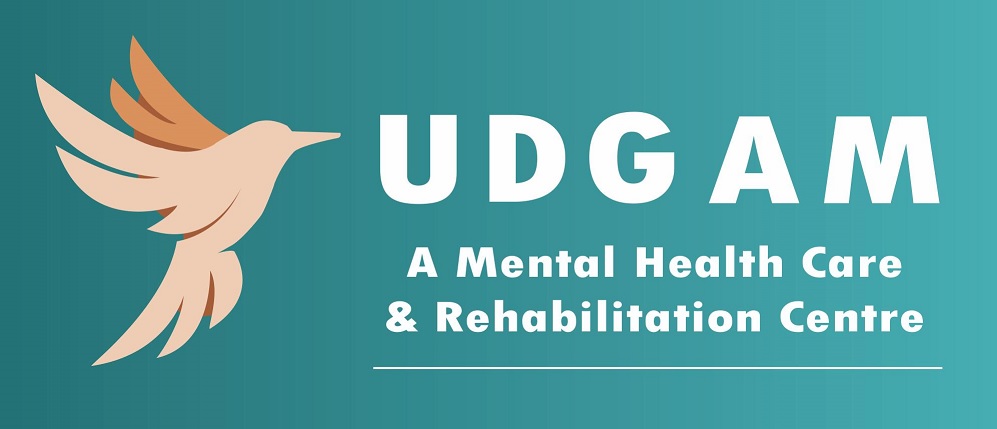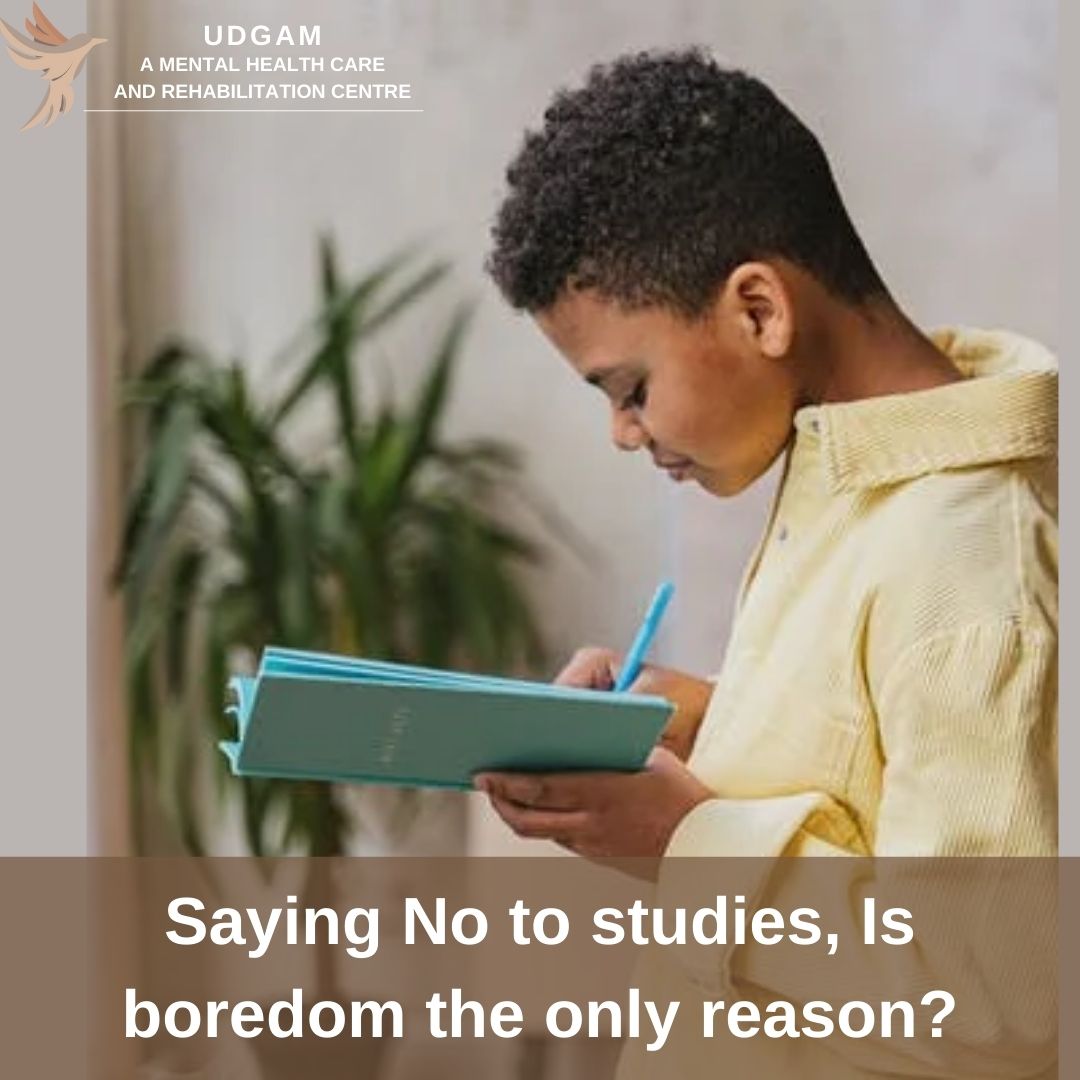Saying No to Studies, Is Boredom the only Reason?
One of the biggest hurdles in education is the student’s willingness to study. As parents, giving our children a good life is a big priority, including securing their future. Being good in academics is always seen as one way to ensure it happens. So we run after our children, to make sure they are studying, getting good marks and passing the grade at the end of the year. But we sometimes focus too much on grades and compliments that we forget that education is not just on paper. Education exists beyond the four walls. But these marks also matter to a certain extent.
So why does the child find it hard to engage in studying? Are they lazy, distracted, or rebellious?
There can be a lot of factors if we try to look into a group of students, but the majority may suffer from a lack of interest, poor study material, or other pressures. To help these students we can start to focus on:

- Reason for lack of interest: from having a bad teacher to finding no value in the subject itself, the child may simply decide not to put enough effort into the subject. As parents, if the subject seems dull to the child, then it would be better to just persuade them to give their best. But also encourage them to have an interesting hobby, which they enjoy. Sometimes the issue goes beyond willingness, sometimes it lies in the skill. Often enough the teachers are not skilled enough or the child is not getting the proper cues, required to understand and remember information, eventually leading to frustration. There can also be the case of a child having a learning disability, other mental health issues, or being a slow learner. Finding out the root cause is the first step.
There are plenty of ways to help your child to study more efficiently:
- Good study material: in a generation where children are continuously given thrilling visuals and information over the internet, expecting them to find study materials formed around 20 years ago, interesting is not correct. If you cannot pursue schools to focus on audiovisual and graphics aids for the study material. Then ensure your child has interesting cues and notes at home so that they don't lose out on their crucial study period due to tiresome notes.
- Open discussions: to help them study better, we must know why they aren't taking this seriously, or not willing to try, or finding it difficult to study. But constant fighting, complaining, or punishing your child will not achieve that. Instead, try to take a direct approach and periodically review their work. By doing this over some time, you would get the idea of why your child is having a difficult time at school.
- Set a schedule: due to lack of attention or poor planning, a child is left without a proper schedule. In young children, it is essential to give them a schedule so that they can finish off important work early in the day. Later on, they become capable of setting their schedules. But if lack of proper time management is a reason for poor academics, then setting up proper study time is very important. Ensure the child gets enough breaks and fun activities after. Also, make sure to see that every individual in the family is either busy or not doing something fun in front of the child when they are studying. This will ensure that the child is not distracted by the fear of missing out on a fun activity.
- Make break time interesting: the rest period between studies should help freshen the child up for the next challenge. To ensure that happens, the break can consist of something that interests the child and does not stress them out. Some creative hobbies, playing outside or spending time with family.
- Take professional help: this can range from tutors to special educators to counsellors. Depending on the needs of the child, hiring a professional that would do their best for the child's development is a good choice. If the child needs extra help in studying, hiring a tutor can be helpful. If your child has a learning disability, having an intervention with special educators as early as possible is helpful. For any other mental or emotional problem, a counsellor is a wise choice. For any suspected mental, neural or physical problem, getting help immediately is the best course of action.
At Udgam Clinic, child psychologists and special educators take utmost care that education plans are based on the child's requirements and capacity. We never force the child to fit with an expectation, but we take them into account when setting up the management plan. To learn more about learning disabilities and other mental health problems, stay tuned to our website.
[ratings]
Anuja Sathe
Counselling Psychologist



